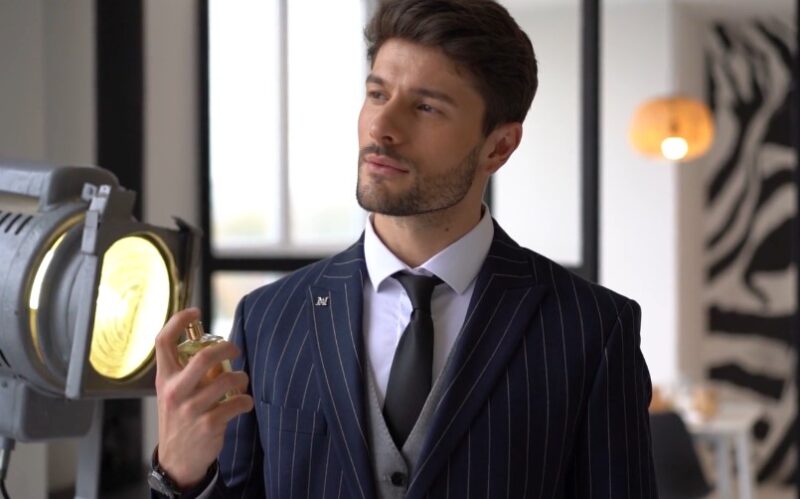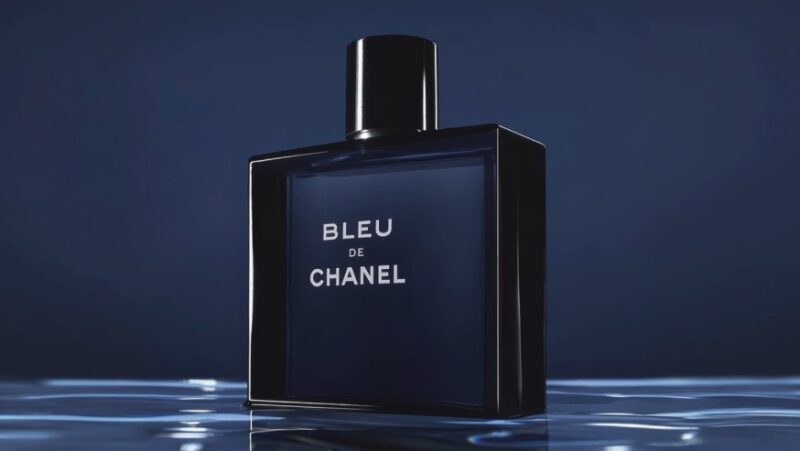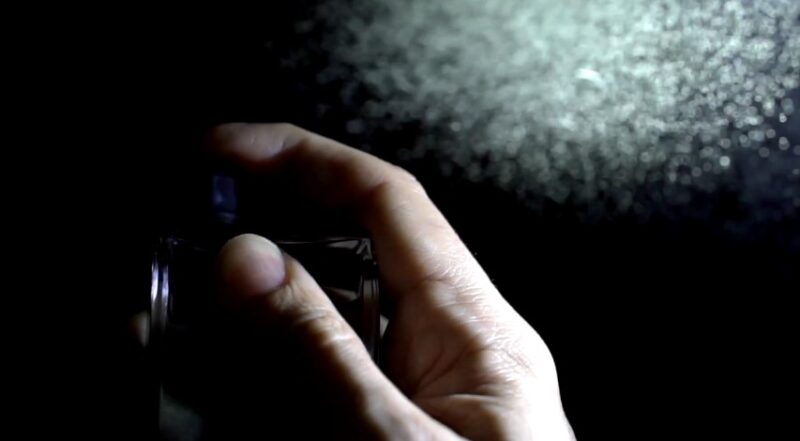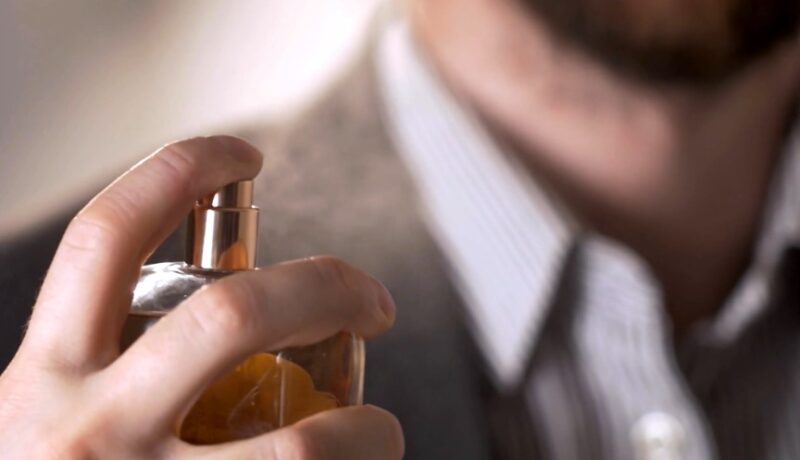Finding the right scent can define your presence. Today’s market offers everything from affordable staples to high-end masterpieces designed to leave lasting impressions. The best options balance personality with subtlety, avoiding overpowering aromas while enhancing natural confidence.
Selecting a signature scent involves more than trends. Experts emphasize balanced note compositions and versatility across occasions. Brands like Tom Ford and Dior have perfected this approach, blending innovation with timeless appeal to create universally admired aromas.
Modern preferences reflect a shift toward intentionality. Buyers now prioritize scents that align with their lifestyles, whether for professional settings or casual outings. For example, best-selling options like Creed Aventus or YSL La Nuit de l’Homme demonstrate how sophistication meets adaptability.
Quality colognes also spark emotional connections. They evoke memories, boost self-assurance, and shape how others perceive you. This guide explores top-performing brands through critical lenses like longevity, value, and unique character to help you navigate the evolving world of masculine aromas.
Key Takeaways
- Today’s fragrance market combines affordability with luxury, catering to diverse preferences and budgets
- Leading brands prioritize balanced compositions that adapt to both casual and formal environments
- Signature scents should complement natural body chemistry rather than dominate it
- Modern buyers value versatility, seeking fragrances that transition seamlessly between daily activities
- Emotional resonance and memory-triggering qualities distinguish exceptional colognes
Introduction to the World of Men’s Fragrances

A man’s choice of aroma speaks volumes before he utters a word. Today’s options go beyond basic freshness, evolving into curated expressions of individuality. Leila Zagwolsky, CEO of LUXSB, captures this shift perfectly:
“A signature scent becomes your identity. They’re as individual as a favorite song or pair of jeans.”
Understanding the Appeal of Signature Scents
Modern grooming rituals now treat aromas as strategic style elements. What began as simple hygiene has become a tool for personal storytelling. Scents now convey confidence, creativity, or mystery through carefully layered notes.
This approach lets individuals build scent wardrobes. A citrus-forward blend might suit office hours, while amber-infused tones enhance evening engagements. For deeper insights, explore our definitive guide to finding your signature.
The Evolution of Men’s Fragrance Trends
Recent decades have reshaped olfactory preferences. Traditional musk-heavy formulas now share shelf space with unexpected floral and gourmand accords. This reflects changing attitudes toward masculinity and self-expression.
| Era | Focus | Key Notes |
|---|---|---|
| 1990s | Power & Intensity | Leather, Tobacco, Sharp Citrus |
| 2020s | Nuance & Versatility | Sea Minerals, Fig, Smoked Woods |
Artisanal brands thrive by offering unique blends that defy mass-market conventions. Sustainability also influences choices, with eco-conscious buyers seeking plant-based ingredients and refillable designs.
Fragrance Families and Their Unique Characteristics
View this post on Instagram
Fragrance families form the alphabet of scent, spelling individuality through layered combinations. The four primary categories – fresh, floral, woody, and amber – each tell distinct stories. Fresh compositions spark energy, while woody blends anchor with warmth. Understanding these groups simplifies finding scents that resonate with personal style.
Fresh and Citrusy Notes
Bright aromas dominate this category, often opening with zesty lemon or tangy grapefruit. These notes create instant vibrancy, ideal for active lifestyles. As the scent evolves, middle tones like mint or rosemary add crispness without overwhelming.
Citrus-forward options shine in warm weather but adapt year-round. They layer well with deeper base notes like musk, creating versatile daytime signatures. For a detailed breakdown of scent classifications, explore our fragrance families guide.
Woody, Spicy, and Earthy Accents
Sandalwood and vetiver form the backbone of these rich compositions. Leila Zagwolsky observes:
Black pepper or cardamom adds fiery intrigue, while patchouli introduces earthy depth. These complex profiles excel in cooler months but transition seamlessly into evening wear. The interplay between spice and wood creates lasting impressions without heaviness.
Signature Scents: Defining a Man’s Identity
An authentic aroma becomes your silent ambassador in every room you enter. Unlike temporary fashion trends, these olfactory signatures evolve into extensions of self-expression. They adapt to skin chemistry and daily routines, creating invisible yet unforgettable associations.
What Makes a Signature Scent Stand Out
True signature blends thrive on subtlety. As Leila Zagwolsky notes:
“The best options amplify confidence without shouting for attention – like a perfectly tailored shirt.”
Versatile compositions balance freshness and depth, working equally well during client presentations and weekend brunches.
Woody or citrus-based profiles often excel as daily staples due to their crowd-pleasing warmth. These layers interact uniquely with natural body oils, ensuring no two people wear the same aroma identically. The result? A scent fingerprint others recognize before you speak.
Effective choices also align with lifestyle needs. Office-friendly options avoid heavy spices that might overwhelm conference rooms, while evening-appropriate tones add intrigue through smoky undertones. Authenticity remains key – forced sophistication or trend-chasing often backfires.
Memorable signatures spark positive emotional connections. They become tied to personal milestones or professional achievements, reinforcing how others perceive competence and charisma. This psychological resonance transforms simple fragrances into identity-shaping tools.
Popular Men’s Fragrance: Editor’s Top Picks

Curated selections from style authorities reveal what truly works in modern scent culture. Publications like GQ and Vogue collaborate with perfumers to identify options balancing artistry with everyday wearability. Their rigorous testing spans months, evaluating performance across seasons and social settings.
Highlights from Leading Brands
GQ’s standout picks include Le Labo Thé Matcha 26 EDP ($235) for its zen-like green tea freshness and Tom Ford Beau de Jour EDP ($200), praised for 12-hour staying power. Men’s Health champions Dior Sauvage Elixir’s bold spice blend for special occasions, while Calvin Klein CK One EDT ($75) remains a budget-friendly unisex staple.
Three patterns emerge across expert lists:
- Luxury brands dominate nighttime recommendations with complex amber and wood bases
- Citrus-forward options like Bleu de Chanel lead daytime categories
- Price accessibility doesn’t compromise quality in crowd-pleasing classics
Publications emphasize real-world performance metrics. As noted in Forbes’ comprehensive list, top colognes maintain scent integrity through meetings, workouts, and social events. This practical focus helps buyers avoid fleeting aromas that fade before lunch.
Consistent appearances from Chanel and Dior across lists confirm their mastery of versatile profiles. Newer artisanal labels earn spots through innovative accords like matcha or smoked vetiver, proving modern buyers value both heritage and experimentation.
Exploring Key Fragrance Notes and How They Work

Every great aroma tells a story through its layered composition. Like musical chords, these olfactory layers – top, heart, and base notes – create harmony that evolves over hours. Mastering their interplay helps wearers choose scents that align with personal style and occasion demands.
Top, Heart, and Base Notes Explained
Top notes act as the opening act, greeting your senses with bright bursts of citrus or herbs. These volatile ingredients like bergamot or mint evaporate quickly, forming that crucial first impression. As Leila Zagwolsky observes:
“The initial sparkle determines whether someone leans in for a second sniff.”
Middle notes emerge next, revealing the scent’s core personality through floral or spicy tones. These heart layers – think lavender or cardamom – define the fragrance’s character for 2-4 hours. Base notes then anchor the composition with deep woods or resins that linger all day.
How Notes Influence the Scent Profile
The art of perfume-making lies in balancing these layers. Fresh citrus tops might pair with smoky vetiver bases, creating dynamic contrasts. Oud resin adds earthy complexity, while fougère blends merge citrus with herbal freshness.
Understanding note progression helps predict longevity. Light citrus scents fade faster than those with amber bases. This knowledge lets buyers match fragrances to their needs – quick-refresh options versus all-day companions.
Diving Into Cologne Types: EDT, EDP, and More

The strength of a cologne shapes its impact as much as its notes. Concentration levels determine how long aromas linger and how boldly they announce themselves. Linda Levy of The Fragrance Foundation clarifies:
“There isn’t an exact percentage but rather a range of oil in the product.”
Differences in Concentration
Oil percentages create distinct categories. Eau Fraiche (1-3%) offers whisper-light freshness for quick refreshes. Cologne/EDC (3-5%) steps up for casual daytime use. EDT (5-8%) strikes a balance with 4-6 hours of presence, ideal for work environments.
| Type | Oil % | Best For |
|---|---|---|
| Eau de Parfum | 8-15% | Evening events |
| Parfum | 15-40% | Luxury experiences |
Higher concentrations mean richer sillage. EDP versions project confidently for dates or dinners. Parfum oils unfold slowly, revealing layers over 12+ hours.
Choosing the Right Type for Every Occasion
Daily routines favor lighter types. EDT colognes adapt from desk jobs to gym sessions without overwhelming. Save bold EDP versions for weddings or nights out where scent trails matter.
Budget-conscious buyers should consider longevity. While Parfum costs more upfront, its potency requires fewer sprays. Test different oil levels to find your Goldilocks zone – noticeable but never cloying.
Performance and Longevity of Men’s Fragrances

The true test of a scent lies in its ability to endure. Men’s Health experts spent six months analyzing over 50 options, tracking how ingredients interact with body chemistry and environmental factors. Their findings reveal why some aromas fade before lunch while others linger into the night.
Testing Wear and Sillage
Skin type dramatically affects performance. Oily complexions naturally retain scent molecules longer, sometimes extending wear by 3-4 hours. Dry skin often requires midday touch-ups, especially with citrus-forward blends.
Longevity tests measure how long top notes remain detectable – typically 1-2 hours – versus base notes that persist up to 12 hours. Woody amber compositions outperform fresh aquatics in marathon days. Sillage strength proves equally crucial; office-friendly options project subtly, while evening scents leave intentional trails.
Real-world testing accounts for humidity, activity levels, and fabric contact. A gym session might halve a fragrance’s lifespan, while air-conditioned environments preserve its integrity. The best performers adapt across scenarios, maintaining character without overwhelming.

